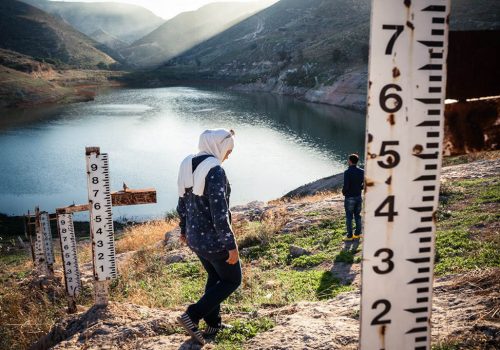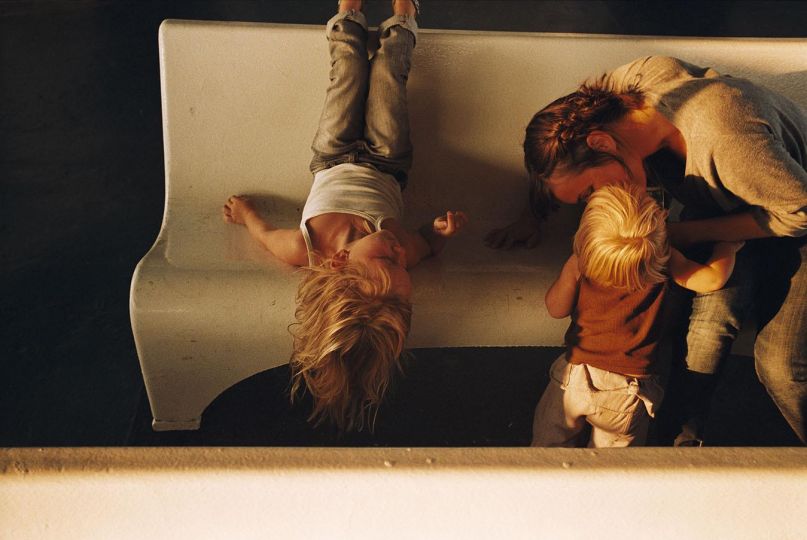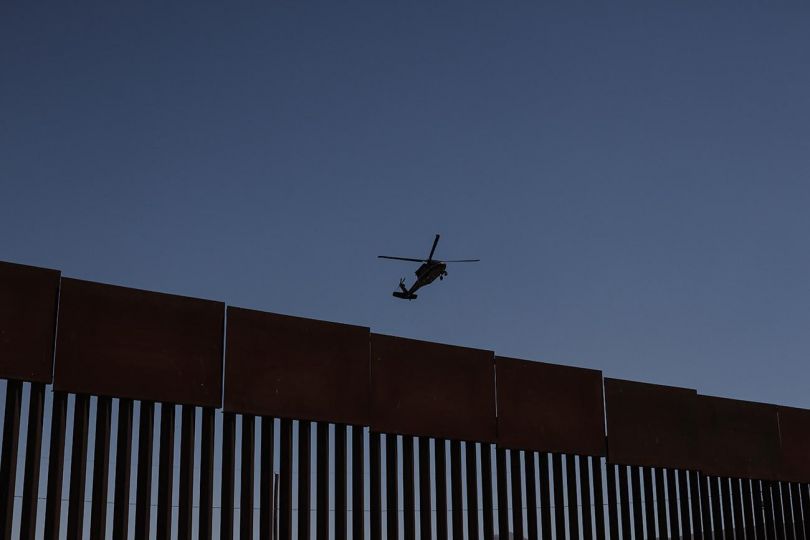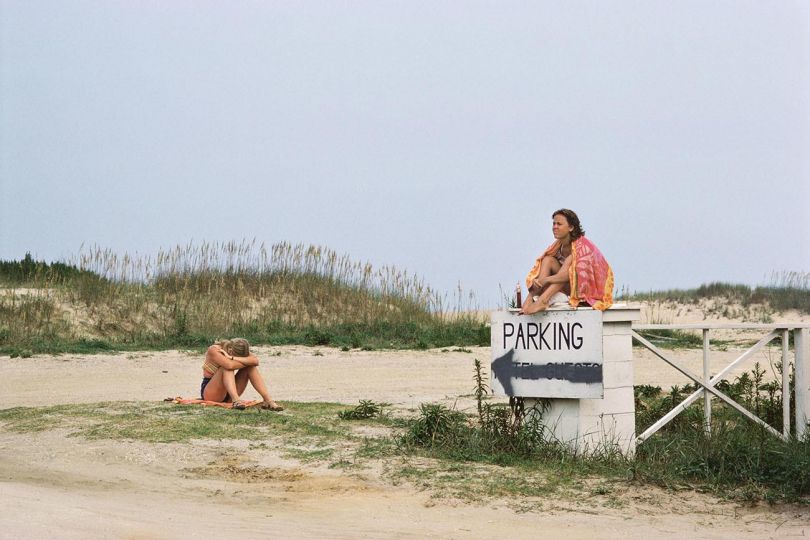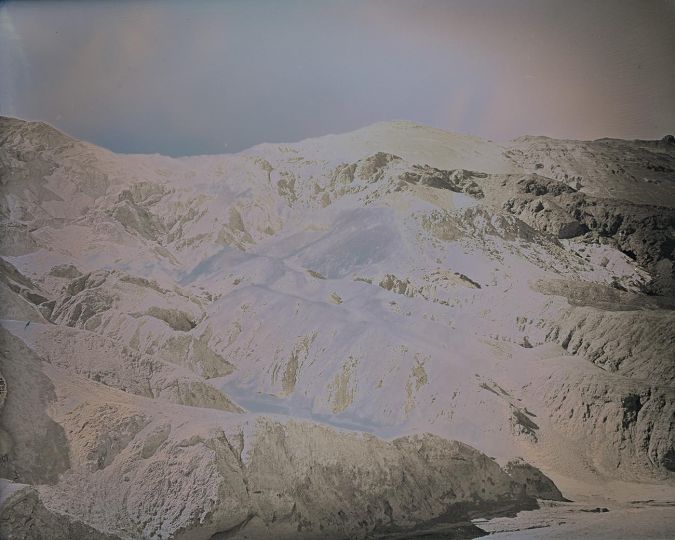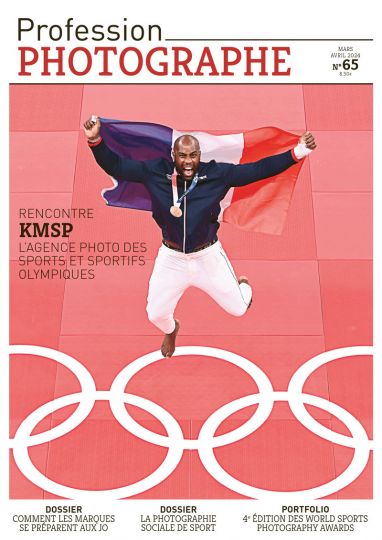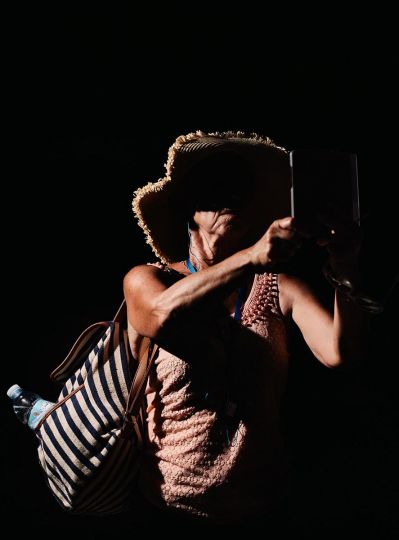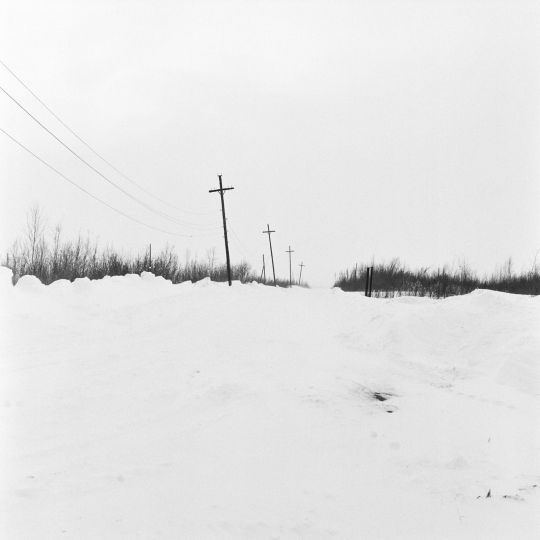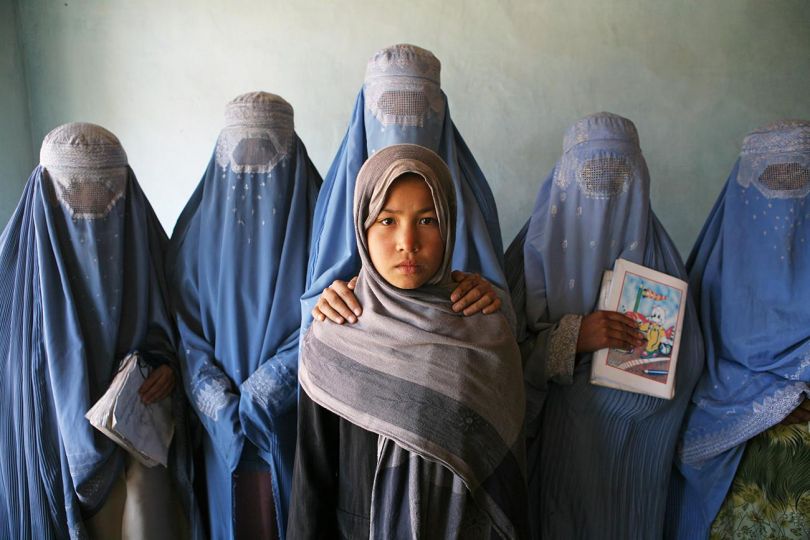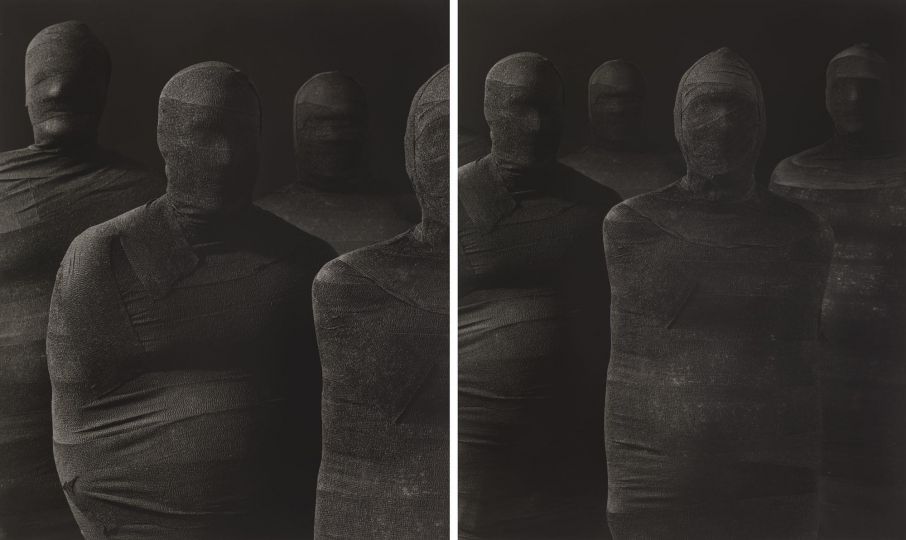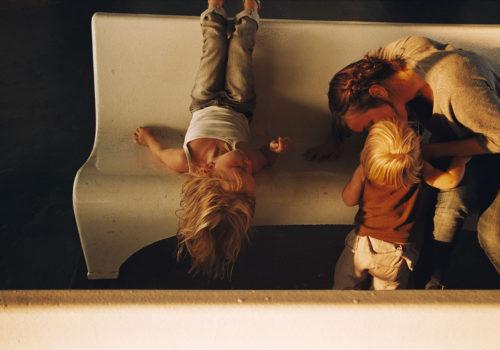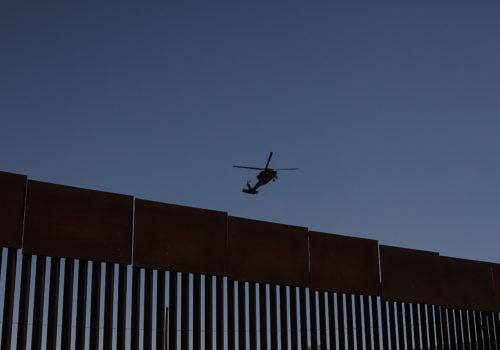The French photographer uses photography to tackle the destruction of ecosystems, climate change and the geo political problems of several great rivers across the world.
The idea is attractive at a time when access to water is becoming an essential question for humanity. Why the Nile, the Brahmaputra, the Colorado and the Jordan? Because these four rivers count as being among the most important determining factors of our civilisations. “What is to become of the Nile”, asks Franck Vogel, “when the needs of the inhabitants surpass the flow of the river? How long can the Brahmaputra survive, faced with the multitude of dams that are going to be build along its course in China and India? How to save the Colorado, drained to the point at which it can hardly reach its mouth, the Gulf of California? And what will happen to the Jordan, stressed and defiled, while it is proving to be a major strategic issue in the Middle East peace negotiations, a semi-arid region?” This is today’s challenge! As it must be for other rivers, such as the Ganges, the Amazon, the Mekong and the Zambesi.
Water, the evidence reminds us, is life. At its birth a human baby body is three-quarters water, an adult human brain eighty percent water! And even more for some marine animals, like jelly-fish. And, contrary to appearances, water is rare on the earth. A thin film on the surface in the form of the oceans represents the main part of the water on our planet, the rest is shared between aquifers, lakes and rivers. These rivers, clearly, are the links between the land and the ocean, they drain the continents and carry everything to the sea… This is why they have always constituted the natural borders.
Faced with the exponentially-increasing demographics of humanity and even more its irresponsible behaviour, the current problems are well known: the destruction of ecosystems, the shores and the mangroves; the acute pollution of water and estuaries, the spread of exogenously invasive species to the detriment of endemic fish; the overfishing of water courses and estuaries; finally and most importantly, the climatic upheaval that is already affecting the flow of rivers and causing an increase in sea levels that periodically flood estuaries and deltas. To the long periods of drought, followed by intense precipitation and dramatic floods.
Franck Vogel’s images are valuable tools for a scientist. Following one another in revealing sequences, they highlight the dynamics of the ecosystems. Crossing Egypt or India, the United States or the Middle East, these great rivers are also extraordinary geopolitical borders. Mankind assembles there and creates chaos. They represent threatening socio-ecosystems undergoing rapid changes. Let’s imagine these same rivers twelve thousand years ago, with only a few million humans on earth, on the brink of the domestication of animals, and of agriculture, unrolling their majestic ribbons of pure water, hardly affected by mud from floods… And look at them today: what a striking contrast! Nothing is lost yet, we have to fight for a sustainable future, to preserve our rivers, these wonderful witnesses of human evolution.
So let’s roll-up our sleeves and cease this permanent aggression to our rivers, Stop all pollution, our water courses are not garbage bins. Let’s develop a real culture of the impact, so that no further development can take place without deep reflection on the ecosystem’s subsequent evolution. These rivers are our lifelines, they are indispensable to us, as they always have been to human life. The unknown always started on the other bank of the river.
Gilles Bœuf
Gilles Bœuf is a biologist, specialising in biodiversity, Professor at the Université Pierre-et-Marie-Curie, former President of the National Museum of Natural History, and Scientific Advisor to the Minister for the Environment, Ségolène Royal.
Franck Vogel, Fleuves frontières : La guerre de l’eau aura-t-elle lieu ?
Published by Éditions de la Martinière
39€

